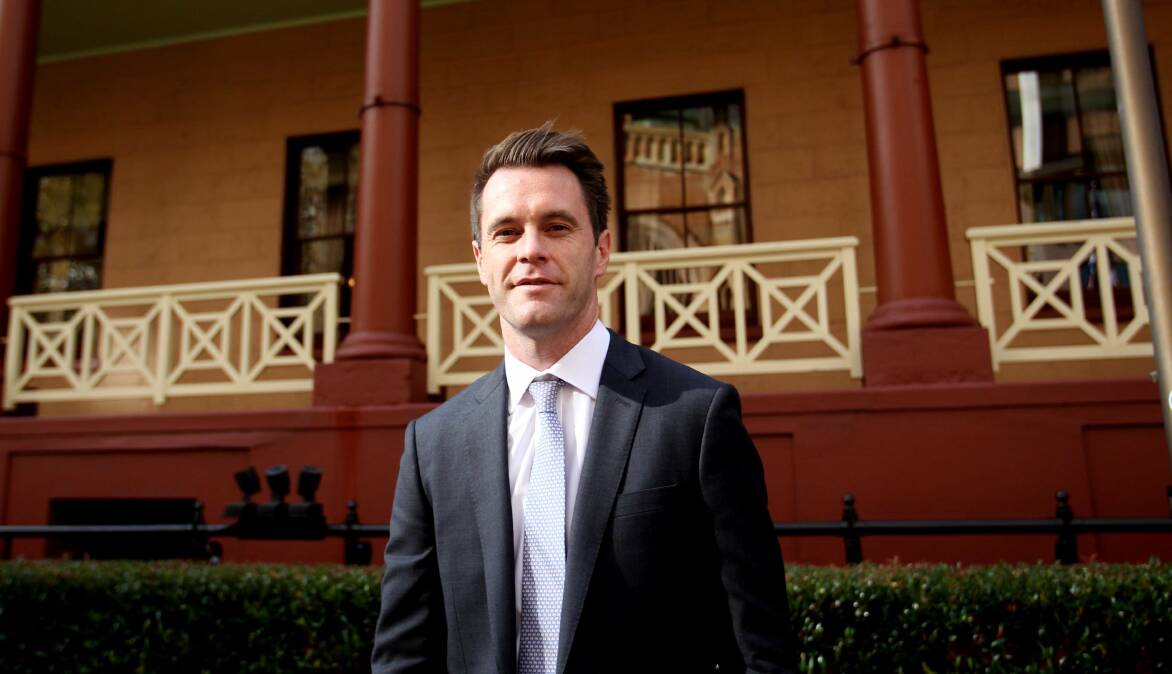
IN an era when telecommunications can make the tyranny of distance feel like more inconvenience than insurmountable obstacle, some may argue that NSW Premier Chris Minns' absence from the seat of Newcastle in his first year is a storm in a teacup.
It certainly would be if the Hunter were otherwise at the forefront of the government's mind, as it might expect when almost every electorate in the region is considered Labor heartland. Wallsend MP Sonia Hornery, for example, boasts one of the nation's most comfortable margins.
The question, though, is whether the region is so taken for granted in Macquarie Street that the state's leader has omitted its second-largest city from his itinerary in the first 365 days. Is it a sign we are no priority?
Australian National University political science emeritus professor John Warhurst said a leader's presence often showed their interest and taking a city for granted in a political sense was never a good look.
"It does seem strange...[Newcastle] is just up the road so to speak," Prof Warhurst said.
The matter unfortunately seems to have bipartisan support. Former Liberal premier Dominic Perrottet infamously never visited Newcastle in his 539-day reign as the state's leader. The closest he got was Maitland's outer suburb Metford.
In fairness, Mr Minns has visited other parts of the Hunter. But Newcastle missing the cut from a leader who has made it to Speers Point, for instance, seems to send a message whether intentionally or not.
Committee for the Hunter chief executive Alice Thompson said successive premiers had faced calls to have a greater presence in the region.
"That's because it provides a strong indication the NSW government values the region," Ms Thompson said.
"Absence is conversely perceived as a lack of interest and care, especially when the Hunter is only 90 kilometres north of Sydney."
Politically, Newcastle MP Tim Crakanthorp's unceremonious departure from the Minns Cabinet last year likely did his seat very few favours in drawing government attention and focus when areas including western Sydney are proving fertile battlegrounds.
The cost of the COVID pandemic response certainly weighs heavily on government finances at multiple levels, to be sure. But this region's future cannot be an easy source of savings when it already appears to receive short shrift compared to the state capital.
The region's Labor MPs have long been strident voices in opposition who have spoken at length about the region deserving more than it was given in a variety of sectors.
They are now in positions where making that happen is within reach, and from the first year there appears to be little on the scoreboard to indicate much has changed for voters in this region.
Perhaps Mr Minns seeing some of the issues this area faces first-hand such as the state of the Newcastle Entertainment Centre, the challenges to light rail and broader public transport expansion or Stockton beach's ongoing erosion fight could help sway him towards greater support.
Ultimately, voters are focused on what a party can deliver that will improve their lives or those of their children and grandchildren. These are crucial years for the Hunter as the energy transition gets underway, and progress on supporting that change so far is far from reassuring.
Once Mr Minns has seen what Newcastle needs for himself, maybe the real work to deliver meaningful results for the city's voters can begin in the year ahead.







